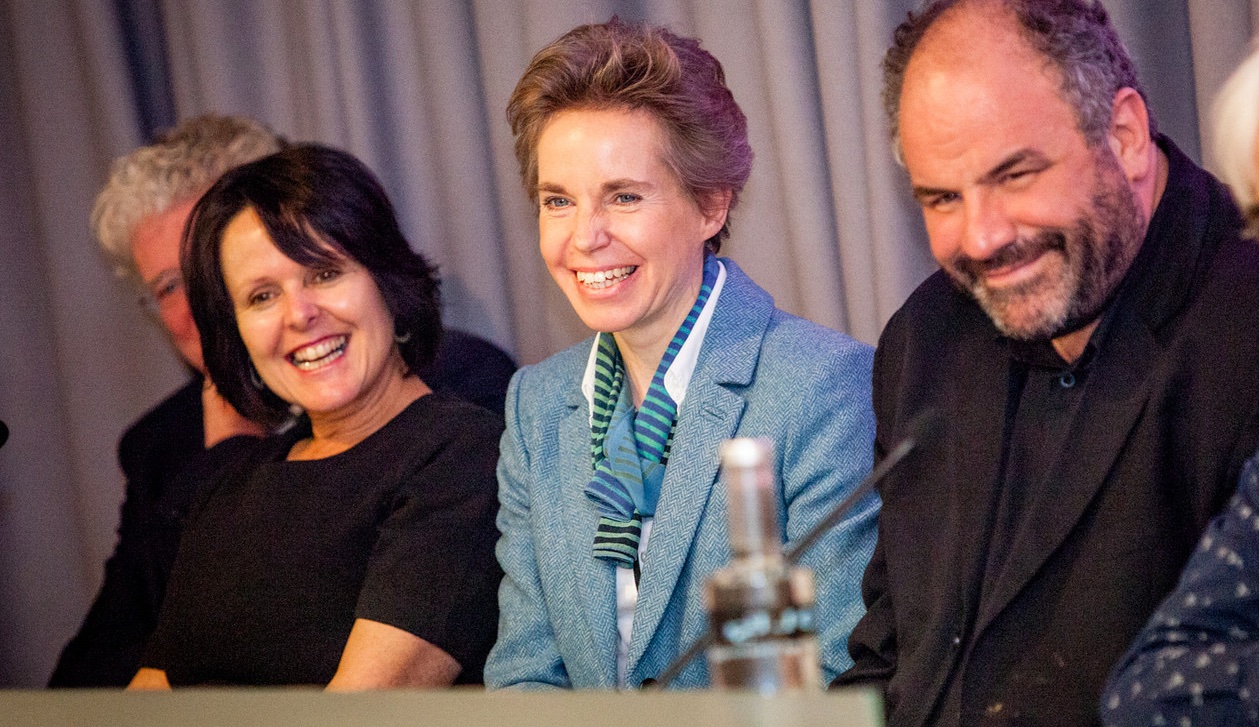
Live Music Now at the Royal Society of Medicine – 16 November 2015
Professor Frederike van Wijk, Professor in Neurological Rehabilitation, Glasgow Caledonian University, UK.
Each year, around 15 million people across the world have a stroke, of whom a third are left with persistent disabilities. With health care policy shifting from hospital settings to the community, more responsibility is placed on stroke survivors and their families to self-manage the condition. However this can be challenging and common barriers for engaging in self-management after stroke are; low mood, lack of confidence and a range of impairments (e.g. cognitive, sensory-motor). To encourage self- management, evidence-based activities need to be provided for stroke survivors that enhance mood and self-efficacy, as well as rehabilitation outcomes. Current evidence from clinical neuroscience research indicates the effects of music engagement on cortical activation, attention, emotion and sensory motor control in a range of populations. This talk presented an overview of current evidence for the effects of music, as a complex intervention, on a range of outcomes after stroke and explore the implications for clinical practice and further research.
Biography
Professor Frederike van Wijk is from The Netherlands and is a movement scientist with a background in physiotherapy. She is a Professor of Neurological Rehabilitation at Glasgow Caledonian University, where she co-leads the “Living with stroke and other long term neurological conditions” Research Group. Her current research focuses on functional recovery after stroke and comprises a portfolio of systematic literature reviews, feasibility studies and randomised controlled trials. Frederike has co-authored two books and best practice guidelines. She is a member of the Cochrane Stroke Editorial Group, Research Lead and founding member of the Scottish Stroke Allied Health Professions Forum, Junior Secretary of the Society for Research in Rehabilitation and Vice President of the European Forum for Research in Rehabilitation. Frederike is particularly interested in understanding how the potential of music could be harnessed to enhance rehabilitation for people with stroke – not only to improve outcomes but also to enhance mood and motivation.
References
1. Bradt J, Magee WL, Dileo C, Wheeler BL, McGilloway E. Music therapy for acquired brain injury. Cochrane Database of Systematic Reviews 2010, Issue 7. Art. No.: CD006787. DOI: 10.1002/14651858.CD006787.pub2
